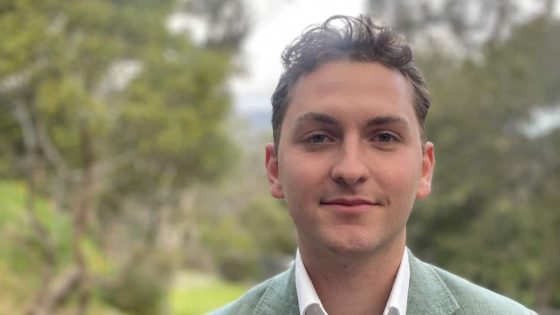On the surface, last week’s Canada’s Farm Show in Regina was all about exciting new equipment — massive tractors and other heavy duty tools. Under the surface, however, farmers were also expressing serious feelings of frustration with the federal government.
In interviews conducted for a special episode of CBC’s The House focusing on politics in Saskatchewan, farmers spoke about perceptions of agriculture in Canada and what they described as federal government actions that make their lives harder.
“People see our tractors and they see our big equipment and they think farmers don’t care about the environment, but obviously the environment’s our number one partner,” grain farmer Sarah Leguee told host Catherine Cullen.
“It’s just rules for everything nowadays,” said grain and livestock farmer Garnet Printz. “They want to control how much of everything we’re using and, you know, the carbon tax … It’s rules every which way you turn, it seems like.”
The House48:45Carbon tax and conspiracy theories: What’s happening in Saskatchewan politics?
Several farmers at the show who spoke to The House discussed their feelings of alienation from the federal government, particularly when it comes to environmental issues and the carbon tax.
“It’s not like we just love burning as much diesel as possible. But if we need to grow a crop, that is the option we don’t have,” Leguee said.
“We are getting sick of being told how to farm.”
While there is a rebate specifically for farmers built into the federal carbon pricing system, it hasn’t eased the concerns of farmers at the event.
Capital gains tax changes that will soon go into effect were also a major source of concern among the farmers gathered in Regina. The Grain Growers of Canada has estimated that the capital gains changes could result in a 30 per cent tax increase on the sale of a farm.
Speaking to reporters this week, Finance Minister Chrystia Freeland defended the government’s approach to the challenges farmers face and the carbon pricing policy. She cited government projections that say only 0.13 per cent of Canadians will be affected by the capital gains changes and pointed to other changes that will benefit farmers, such as an increase to the lifetime capital gains exemption.

“I’m a farmer’s daughter, I’m a proud farmer’s daughter. And I am so proud of Canada’s farmers, who contribute so much to our country and who quite literally feed the world,” Freeland said.
The frustration felt by farmers is a big part of the broader political conversation in Saskatchewan. It forms part of the foundation of the provincial government’s opposition to Ottawa on a variety of issues, particularly energy and the environment.
Saskatchewan residents will continue to receive carbon tax rebates from the federal government, despite the province not sending the funds it collects for home heating taxes to Ottawa.
And opposition to the carbon tax front is a cross-party affair in Regina. In an interview with CBC’s The House, provincial NDP Leader Carla Beck — whose party has come out against the tax — said Saskatchewan residents have good reasons for their feelings.
“The anger and frustration at the carbon tax is real. It’s built around real concerns and a real feeling from people in this province … that you have a prime minister who’s not listening,” she said.

Saskatchewan is refusing to remit the carbon tax on home heating to Ottawa — a violation of the law. Beck sidestepped questions about whether she supports that move, saying she was prepared to work with the federal government on a better solution.
Saskatchewan Premier Scott Moe told reporters this week the province has been merely responding to Ottawa’s moves.
“All of what you’re seeing in this province … those are all responsive actions by this government [to] initiatives that are put forward by the federal government. So at times I question the current federal government’s commitment to holding Canadians together,” Moe said.
“We need to work collaboratively and closely with the federal government where we can, but where we disagree we certainly aren’t going to put Saskatchewan families’ opportunity at risk because of some decisions that are made at the federal level.”
Jim Farney, a professor of public policy at the University of Regina, told The House that the Saskatchewan Party’s policies are similar to the efforts of former NDP premier Allan Blakeney on “province building.”
“Moe has taken it significantly further, but the kind of claim of provincial autonomy is in line with some stuff that went on. He’s just carried it further, with a lot of symbolism more than policy,” Farney said.
The House also asked farmers about Canada’s rural-urban divide. Norm Wall, a grain and oil seeds farmer, said he believes that rural and urban Canadians have trouble understanding one another.
“Urban [Canada] is becoming further and further from its ag roots … But on the same point, does ag and rural understand the stresses of urban?” he asked.
“I wouldn’t want to try to afford a house in Vancouver or Toronto. It’s tough enough buying a whole quarter section for the price of a small bungalow in Toronto.”
Source Agencies




